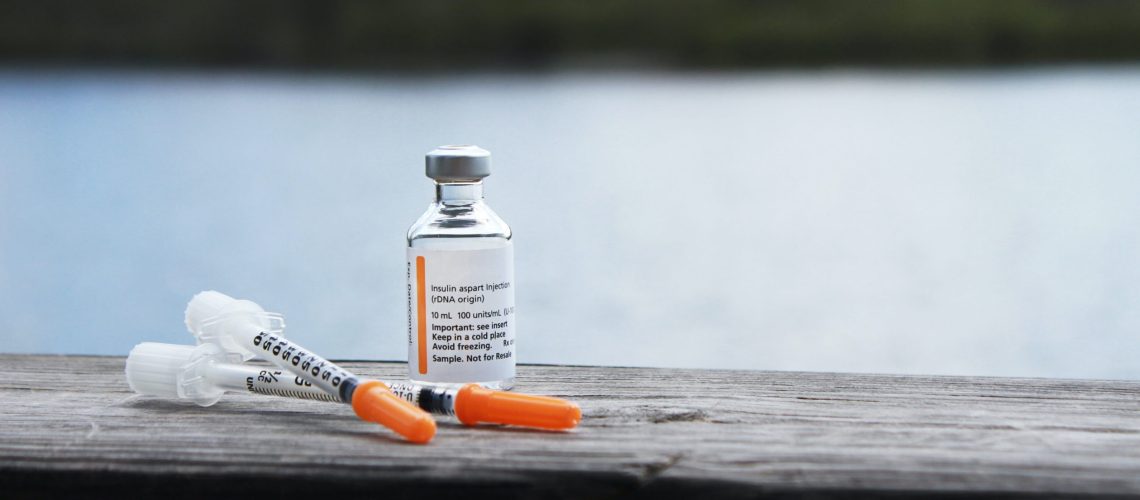Diabetes is an increasingly common disease in the United States. It’s caused when blood sugar level become too high. Typically, the pancreas produces insulin to moderate any spikes in blood sugar levels, but when blood sugar remains high for a prolonged period of time, the pancreas may become insulin resistant and stop working. This causes sugar to build up in the bloodstream and damage the body’s organs.
One in ten Americans have been diagnosed with diabetes. An additional one in five has yet to be diagnosed. Another one in three Americans has prediabetes, a slippery slope condition where the body isn’t able to completely produce or use insulin.
There are two kinds of diabetes:
- In type 1 diabetes, the body simply doesn’t produce the insulin required to keep blood sugar levels in the right range. People with type 1 diabetes take a dose of insulin every day to maintain healthy blood sugar.
- In type 2 diabetes, the body doesn’t properly use the insulin it produces. Unlike type 1 diabetes, type 2 diabetes can be postponed or prevented entirely with lifestyle modifications.
People diagnosed with diabetes often are dealing with concurrent health issues like high blood pressure (69%) or high cholesterol (44%). Weight is often a factor in a type 2 diabetes diagnosis.
Diabetes affects the whole body. It can lead to chronic kidney disease and damage to the nerves, eyes, and feet. Oral health problems and diabetes are also closely linked. Its effects can be mental as well. People with diabetes can also be up to three times more likely to have depression and 20% more likely to struggle with anxiety.
A diabetes diagnosis might seem daunting, but it’s far better than living with the condition undiagnosed. Symptoms of both type 1 and type 2 diabetes might include frequent urination, fatigue, blurred vision, thirst, and excessive hunger. The symptoms of type 2 diabetes can emerge slowly, while type 1 diabetes symptoms may appear suddenly. Diabetes is relatively easy to detect with the right diagnostic testing. Testing for diabetes can include a full blood panel and fasting glucose tests.
With the right care and attention, diabetes can be managed. Medication is generally involved, sometimes full-time and other times at first to efficiently regulate blood sugar levels. Two important components of diabetes management are diet and exercise. These lifestyle changes help the body control blood sugar and respond more sensitively to insulin.
If you or someone you know is concerned about diabetes, make an appointment to speak with a medical professional. Roseman Medical Group’s providers can walk with you through a full analysis of your personal health situation.


